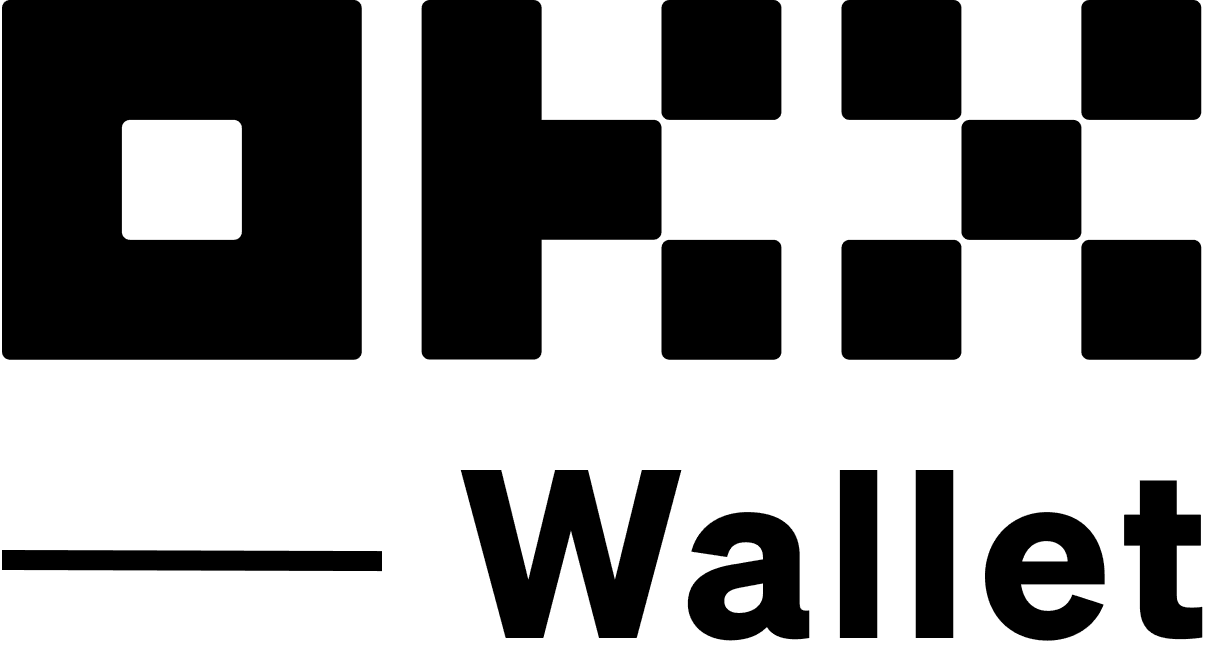So, I was thinking about how wild the crypto landscape has gotten lately. Seriously, sometimes it feels like you blink and a whole new network or tool pops up outta nowhere. Cross-chain bridges? Yeah, they’re not just buzzwords anymore — they’re becoming game-changers, especially for traders juggling assets across multiple ecosystems. Wow! Managing your portfolio today isn’t as straightforward as it was a few years back.
Initially, I thought bridges were just about moving tokens from one blockchain to another. But then I realized there’s so much more complexity underneath. Think about liquidity pools, security risks, and the nuances of gas fees on different chains. Hmm, it’s like trying to juggle flaming torches while riding a unicycle—exciting but risky.
Oh, and by the way, if you haven’t checked out wallets that integrate directly with centralized exchanges, you’re missing out on a huge efficiency boost. For example, okx offers a seamless connection between your wallet and the exchange itself, which cuts down on transfer times and fees. That part bugs me about some wallets—they feel like they make you jump through hoops just to trade smoothly.
Cross-chain bridges really came into the spotlight because traders want to diversify without locking themselves into one ecosystem. But here’s the rub: not all bridges are created equal. Some have had security lapses, and honestly, the trust factor is huge. My instinct said, “Be careful,” especially when you see projects promising instant, free transfers. Too good to be true, often.
On one hand, bridges are a solution to fragmentation in DeFi and crypto markets; though actually, they introduce new risks that can sometimes outweigh their benefits. For instance, there’s the infamous case of the Ronin Bridge hack that shook the community hard. That was a wake-up call—security can’t be an afterthought.
Now, portfolio management tools have evolved alongside these bridges. They’re no longer just spreadsheets or basic apps. Advanced platforms now track your assets across different chains in real time, showing you your net worth, PnL, and even tax implications. It’s kinda like having a personal financial advisor who’s also a crypto nerd. But, honestly, the challenge is finding something that’s both powerful and user-friendly. I’ve tried a bunch, and many feel either too complicated or too limited.
Check this out—

That dashboard? Yeah, this is the kind of insight traders crave. You want to see everything in one place, know your exposure, and make decisions fast. But sometimes, the data lags or doesn’t sync properly, which can lead to costly mistakes. I’m biased, but having a wallet that integrates directly with a major exchange like okx really cuts down on those issues.
Another curveball is gas fees. When you’re hopping between Ethereum, BSC, or newer chains like Avalanche, gas costs can vary wildly. Initially, I thought just picking the cheapest chain was the way to go, but then I realized—transaction speed, network congestion, and bridge costs also matter a lot. Sometimes paying a bit more upfront saves you from getting stuck or facing failed transactions.
Something felt off about the hype around “one-click” cross-chain swaps, too. They sound great, but the reality is often slower or more expensive than advertised. Plus, there’s the trust angle again—are you actually controlling your funds, or are they sitting on custodial platforms during the swap? I’m not 100% sure about all the backend nuances, but that’s why I prefer wallets that maintain your private keys and connect directly to exchanges you trust.
And speaking of exchanges, the integration between wallets and centralized platforms is evolving fast. I’ve noticed that the most successful setups let you trade, stake, and manage your portfolio all from a single interface. This cuts out the annoying back-and-forth between apps and reduces human error. It’s like having your cake and eating it too, but with crypto.
Okay, so check this out—if you’re looking for a wallet that ticks these boxes, okx offers a browser extension wallet that hooks right into their exchange. It’s smooth, secure, and surprisingly intuitive for both newbies and seasoned traders. Plus, it supports multiple chains and has cross-chain bridge functionality built-in, which is kinda rare for wallets linked to centralized exchanges.
At the end of the day, the crypto space is still young and chaotic. Cross-chain bridges and portfolio management tools are evolving rapidly, but they come with trade-offs. I’ve seen traders get burned by bridge exploits or by relying on fragmented portfolio trackers that don’t update in time. The lesson? Stay curious, do your homework, and use tools that align with your risk tolerance.
Something I’m still chewing on is how these bridges will scale securely as DeFi grows. Will we see more hybrid models that combine centralized oversight with decentralized freedom? Or will the community demand fully trustless solutions even if they’re slower? It’s hard to say, but I’m excited to watch it unfold.
Anyway, if you want to dabble with a wallet that feels like it was built by traders, for traders, give okx a shot. It’s not perfect, but it’s one of the smoother rides out there.
Common Questions About Cross-Chain Bridges and Portfolio Management
Are cross-chain bridges safe to use?
Well, safety varies a lot. Many bridges have improved security protocols, but some still face vulnerabilities. Always research the bridge’s track record and consider the value you’re moving. Using trusted wallets like okx that integrate vetted bridges can reduce risks.
How do I manage assets across multiple blockchains efficiently?
Look for portfolio management tools that aggregate your holdings across chains in real time. Some wallets, including okx, offer native support for multiple networks and direct exchange integration, streamlining your workflow.
Do integrated wallets with centralized exchanges compromise decentralization?
That’s a tricky one. While integration enhances usability and speed, it may introduce some central points of failure. However, many traders accept this trade-off for convenience and better security features offered by reputable platforms like okx.


